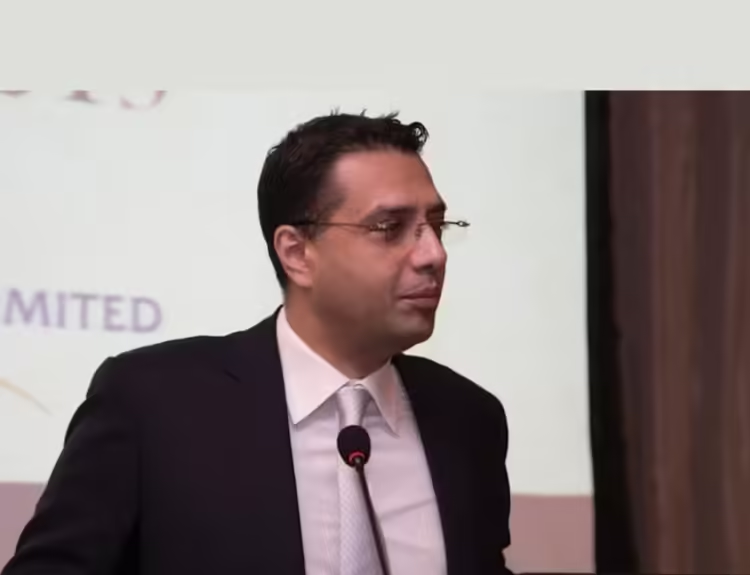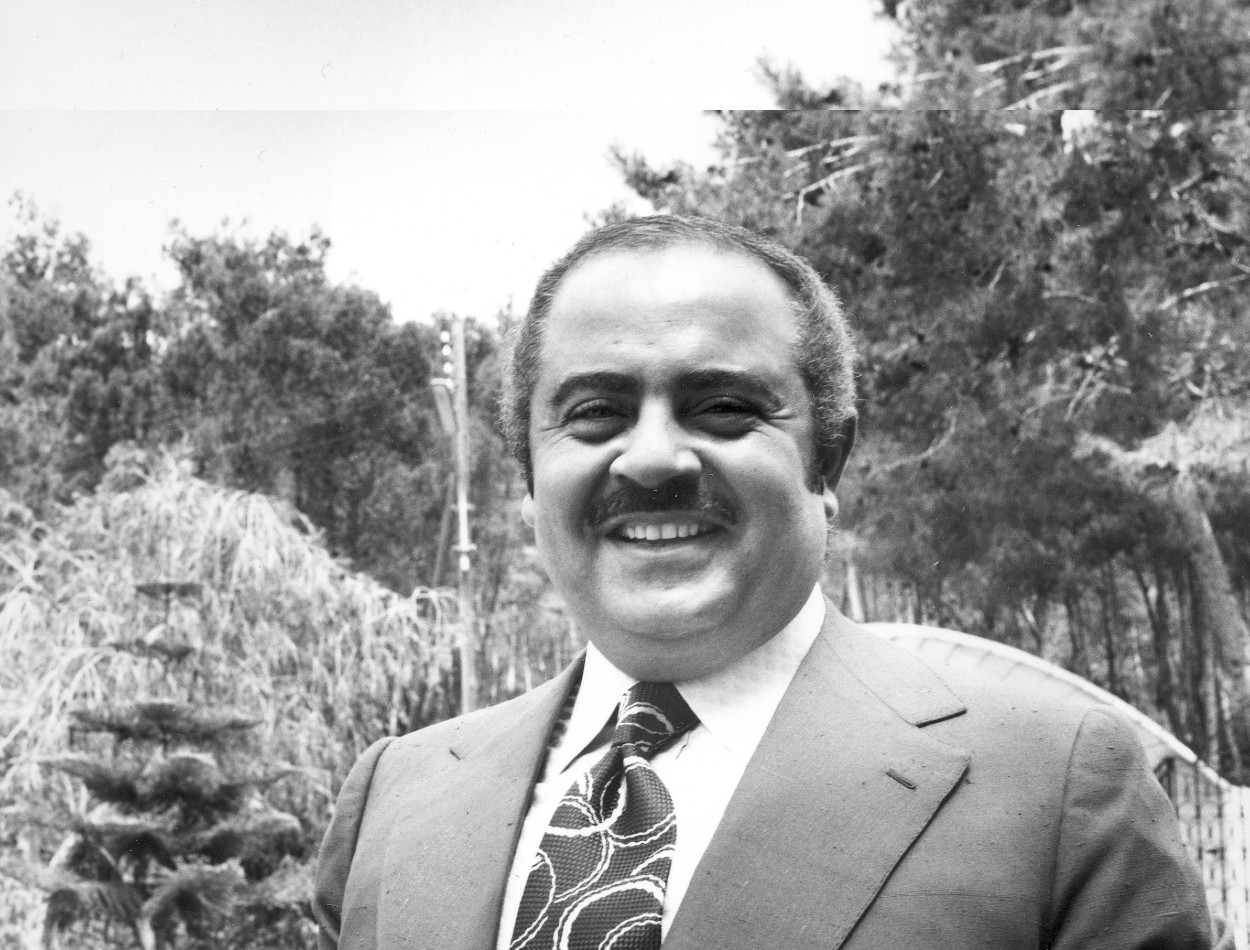During the 1990s civil war in Angola, his parents managed to flee with him to the United States.
As he reached the age of twenty, he felt a strong desire to discover his true identity. America never truly felt like home, and he knew he had to explore who he was beyond its borders.
He was one of those individuals who, when questioned about their homeland, could only regurgitate information they had learned from books.
This made him wonder, what set him apart from those who could read and weren’t from Angola? This question lingered in his mind, leading him to realize that he must return and reclaim his Angolan identity.
From a young age, he had a passion for reading. He would immerse himself in business books, philosophical books, and even political books, especially those about his home country, Angola.
Comparing Angola to other nations, he couldn’t help but notice some unpleasant facts. It made him realize that Angola still had a lot of progress to make, and he strongly believed that someone needed to take action.
Early life
Wilson Ganga, originally from Angola, moved to the United States with his family at the age of 4. He attended the University of St. Francis, where he pursued a degree in Business Management.
The journey towards obtaining his degree was truly enlightening for Wilson, as it sparked his interest in entrepreneurship and investing. Unlike many of us who have ideas but struggle to put them into action, Wilson was different.
He understood the importance of shaping his own future and actively sought ways to do so. In Wilson’s eyes, there are only two possible outcomes in business: winning or learning. And who wouldn’t want to either win or learn? Certainly not him.
From the age of 17, he was already experimenting with different businesses. His first business involved selling bracelets and ornaments.
He then started a meal delivery company that targeted fellow students who preferred meals delivered to their rooms to save on time.
After his Master’s degree, Wilson felt a compelling need to return to Angola. He was driven to enact substantial changes in his homeland, understanding that staying in the States wouldn’t allow him to do so.
As Mikhail Gorbachev once said, if you really want to change things back home, you got to go back home. They say there’s no place like home, after all.
Business ventures in Angola
Back in Angola, Wilson’s first business venture was, guess what? a delivery services company called Tupaca that couriered goods and meals to households and offices in Luanda, Angola’s capital city.
A new concept to Angola, there was always the risk of the business not picking up but partnerships with restaurants and retail stores coupled with intense marketing made it pick up.
Following Tupaca, he established T’Leva, an electric taxi service. Wilson, raised in the US, was puzzled by the absence of taxi-hailing companies in Angola.
Being the entrepreneur he was, he felt compelled to make a change. He appreciated the convenience of taxi hailing companies like Uber.
Angola, being a major oil producer in Africa, T’Leva’s emphasis on electric cars made a bold environmental statement that also proved to be a smart marketing move.
Just imagine driving to your village in an electric car (well, depending on your village, my bad). In my village, if you arrive with an electric car, everyone would be eager to see it up close.
Wilson foresaw how news would spread as electric vehicles were not common at the time, which helped T’Leva expand and create more opportunities.


In 2018, Wilson came up with PayPay, Angola’s number-one digital wallet app. He collaborated with several Angolan banks on an App that could be used to make and receive payments, and they were able to make it easier to reduce the queues in banks, especially on paydays.
He also ensured that the transactions were made internationally to attract more people. Two years later, Covid-19 happened, and with people avoiding hard cash worldwide, PayPay blew up in Angola, and is today’s the biggest digital financial app in the country.
When you travel to Angola, you might be the only person using their cash in the streets. It is more like Kenya’s revolutionary M-Pesa.
Next Chapter
Wilson has a strong desire to uncover numerous uncharted paths to guarantee Angola’s steady progress. It’s quite remarkable, considering he’s the oldest employee at the age of 31 in his own company as the CEO! Isn’t that impressive?
His main goal is to create more employment opportunities for young individuals, and it’s evident that he’s successfully achieving that. But Wilson doesn’t stop there; he’s also establishing other companies. G-Smart Solutions happens to be one of them, specializing in digital marketing.
Besides transforming Angola into a technological hub, he is also heavily investing in the oil and petroleum sector within the country.
Angola is often compared to Kuwait in terms of its oil wealth, and Wilson is determined to play a significant role in this comparison.
When it comes to making an impact, he believes in going all out. In his eyes, Angola has the potential to become the Dubai of Africa.






